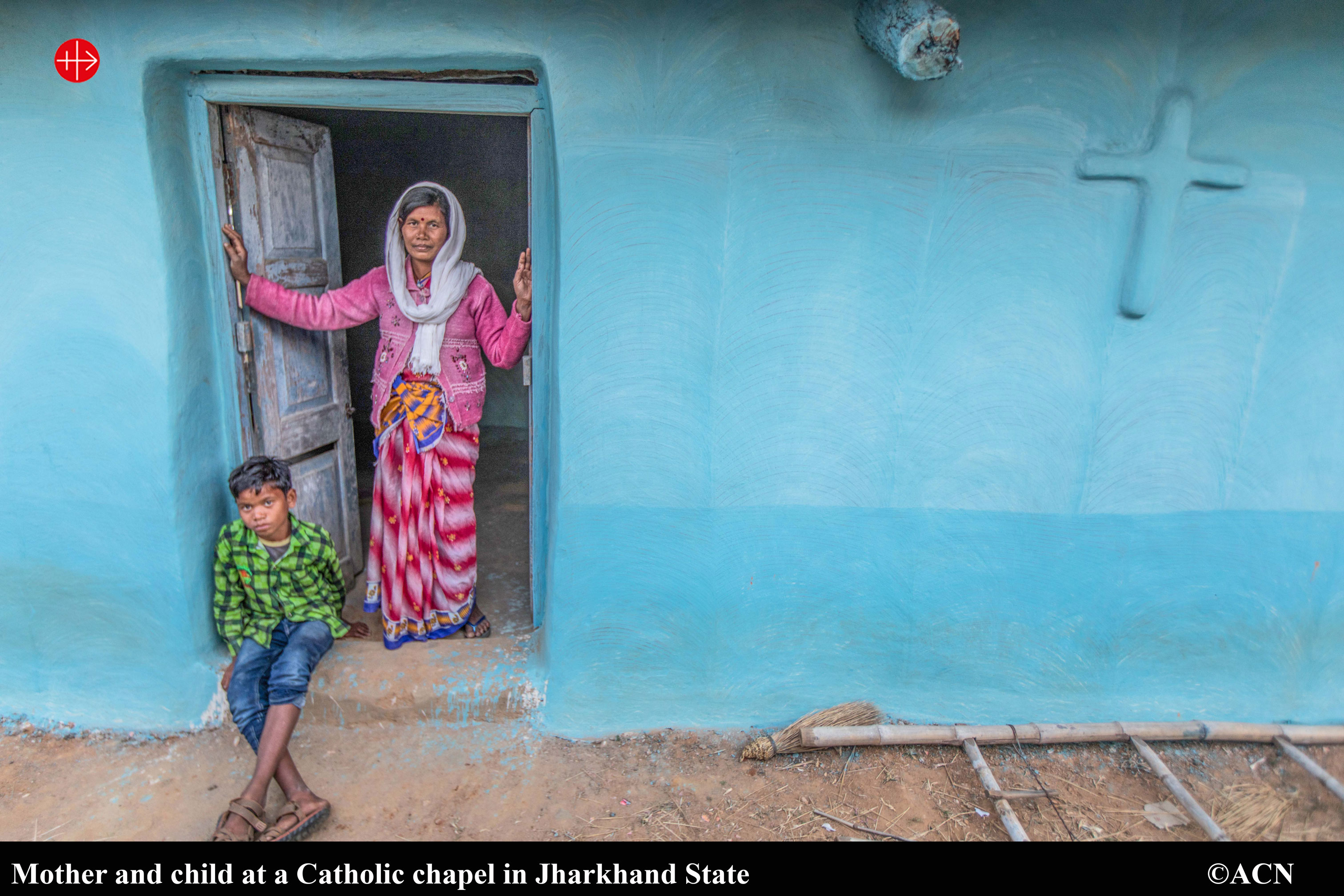INDIA
Christians protest peacefully amid a surge in attacks by Hindu extremists
A senior Church figure in India has praised Christians for refusing to resort to violence when protesting against a growing wave of attacks by religious extremists who support the ruling nationalist party.
Bishop Thomas Paulsamy of Dindigul, Tamil Nadu State, southern India, told Catholic charity Aid to the Church in Need that the state authorities have sided with militant Hindu aggressors rather than victimized religious minorities.
In Tamil Nadu alone, there have been more than 15 violent attacks against Christians so far this year. About 20,000 Christians from at least 16 towns in the region have taken to the streets to demonstrate against sustained aggression directed at the faithful.
The bishop described the Christian campaigners as “always peaceful, never violent”.
Christian persecution watchdogs have accused police not only of failing to protect religious minorities under attack but also of persecuting Christian victims of violence.
The religiously motivated violence included desecration of churches and the killing of a pastor from south-east India whose murder by hanging in January provoked protests from the Christian population.
The pastor had previously complained to police about harassment by high-caste Hindus.
With Christians suffering increased persecution from extremists, the bishop said Prime Minister Narendra Modi’s nationalist Bharatiya Janata Party (BJP) has been backing militant Hindu groups.
Bishop Paulsamy said: “The BJP supports the fundamentalists… [Prime Minister Modi] does not want the constitution to apply, but rather the religious principles and values of Hinduism.”
India’s bishops are working to protect Christians and other minorities through an inter-religious working group.
The bishop said: “We Christians actually cultivate good relations with Hindus, Muslims and other religious groups.
“We travel together, eat together and live together. Many even come into our churches.”
Back in 2015 leading BJP figures wanted to make it a criminal offence for an individual anywhere in the country to convert to another religion without prior government approval but this was blocked by the Ministry of Law and Justice, which upheld religious liberty and invoked India’s constitution.
But each individual state is permitted to enact its own religious freedom laws, prohibiting conversions obtained by force, fraud or other inducements, which can carry sentences of up to three years imprisonment.
Seven of India’s 29 states have anti-conversion laws, but very few arrests have been made and no convictions.
With a comparatively high proportion of Christians (12 per cent), Tamil Nadu State has rescinded its ban on conversion, but Bishop Paulsamy expressed fears that discrimination against Christians will continue.
He said: “As long as the BJP is in government it will make life difficult for Christians in India.”
ACN is supporting India’s small Christian community with numerous projects. These include providing 50,000 copies of the New Testament in Odisha’s local language of Odiya, providing 30 bicycles for catechists in Rayagada Diocese, as well as training seminarians at Redemptoris Mater College, Bangalore.





